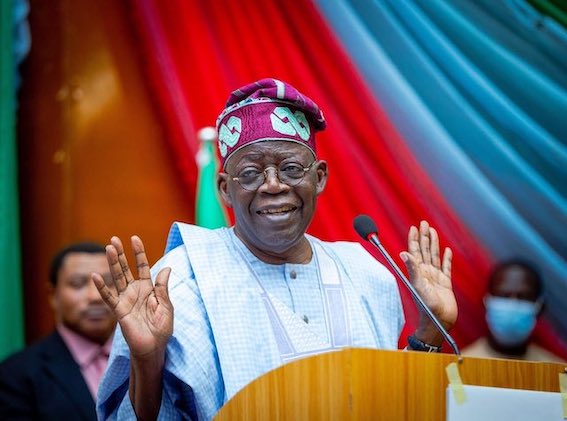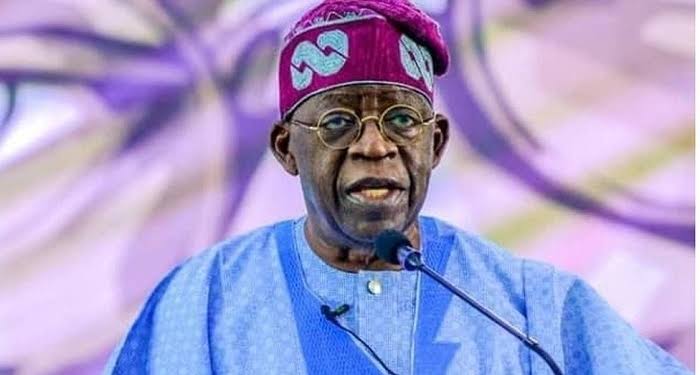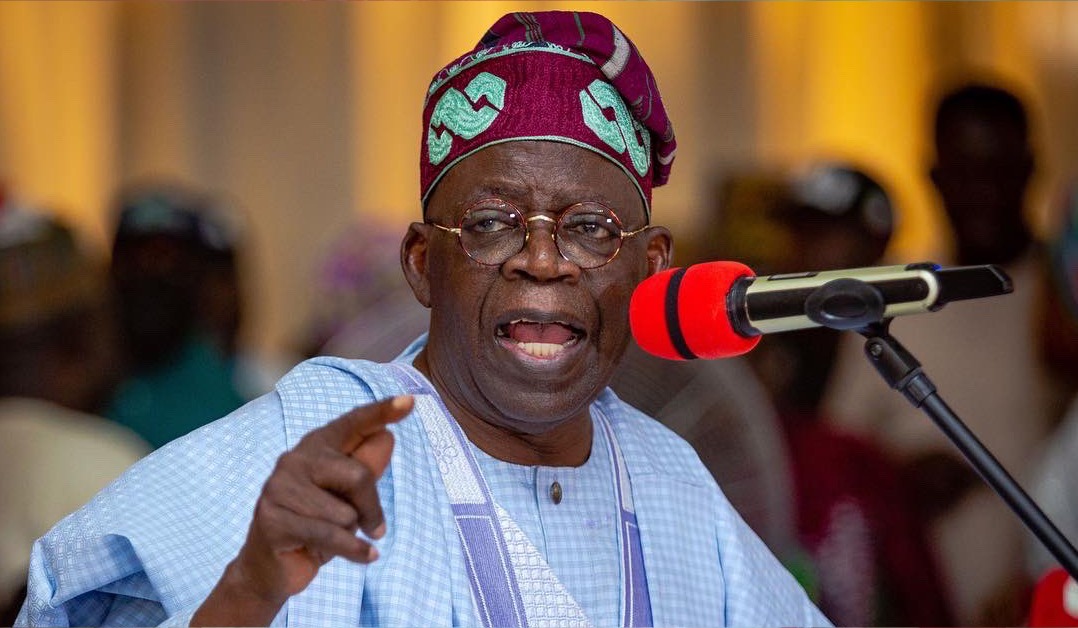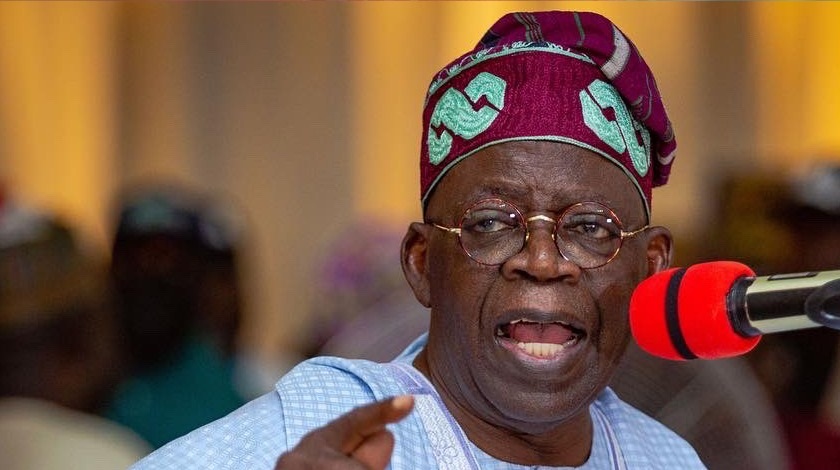A political "godfather" known for his sway and strategic insight, Bola Tinubu never concealed his desire to lead Nigeria as president.

According to official election results, the 70-year-old has achieved his "lifelong" objective by winning the presidency of Africa's most populous country with 8.8 million votes.
The two-time Lagos governor, who boasts of having assisted in the election of President Muhammadu Buhari, an ex-army general, will follow him despite ongoing concerns about his health and previous corruption allegations.
His decision The two leading opponents of the All Progressives Congress (APC) accused it of election fraud on Saturday. However, both election officials and the APC rejected those allegations.
Did you read this?
Often referred to as "Jagaban," the chieftain's title, Tinubu has invested years in expanding his Lagos power base into a national network of allies, including political operatives and cooperatives for the Lagos market.
Yet, in a shocking outcome from the elections on Saturday, the Labour Party's Peter Obi won in Lagos State, which has historically been Tinubu's stronghold.
Tinubu referred to the outcome as "you win some, you lose some" and urged his supporters to maintain their composure.
Days later, the tenacious candidate, who ran on the platform of "It's my turn," was declared the victor of the presidency.
Lasting Power:
Tinubu, a Muslim raised in the Yoruba-speaking southwest of Nigeria, had his accounting training in the US and went on to work for several US businesses, including ExxonMobil as their treasurer.
Before becoming a senator, he served as Lagos State's governor from 1999 until 2007.
He and many other activists were pursued into exile by military ruler Sani Abacha as they advocated for the return to democratic governance in 1999.
He co-founded and provided funding for the Alliance for Democracy, which eventually changed its name to the Action Congress of Nigeria, according to his associates. He also assisted in the formation of the ruling All Progressives Congress.
He played a crucial role in uniting APC factions, enabling Buhari to win in 2015 and put an end to the opposition Peoples Democratic Party's 16-year rule of the country (PDP).
The election of Buhari, the first triumph for the opposition in the nation, and his reelection in 2019 were partially credited to Tinubu's political clout.

As a testament to his tenacity, Tinubu maintained a firm hold on the governorship of Lagos from 1999 to 2007, keeping the position ever since and participating in the selection of his successors.
His dominance in the southwest has irritated some hopefuls who were passed over for senior positions, and he has been under fire for having a dictatorial and undemocratic leadership style.
Dapo Thomas, a political science instructor at Lagos University, said Tinubu "has a very aggressive, very solid political machine."
Charges of corruption: Just as Tinubu's political influence has frequently generated controversy, so too have his business dealings.
He is one of Nigeria's wealthiest politicians. Charges against him included money laundering, corruption, and maintaining more than a dozen overseas bank accounts after he left the government. He claimed innocence and was never charged.
He was described as "wobbly, wonky, and narcotic-devastated" by PDP opponents on the campaign trail about his health issues and a 1993 US court document that detailed a "drug-related confiscation of property" from his US bank account.

He has stakes in various businesses, including media, aviation, tax consulting, hotels, and real estate holdings, although it is unknown where his fortune comes from.
A critic called him "a hungry politician" who had devoured significant sources of income in Lagos.
Yet, Tinubu's former chief of staff, Information Minister Lai Mohammed, argued that he was one of the most cunning political operatives.
After the anticipated presidential inauguration in May, Tinubu will have to make challenging decisions on the elimination of pricey fuel subsidies as well as deal with the nation's escalating poverty and pervasive insecurity.









